Ice caps formed during Little Ice Age roughly 5,000 years ago completely disappear from Canada
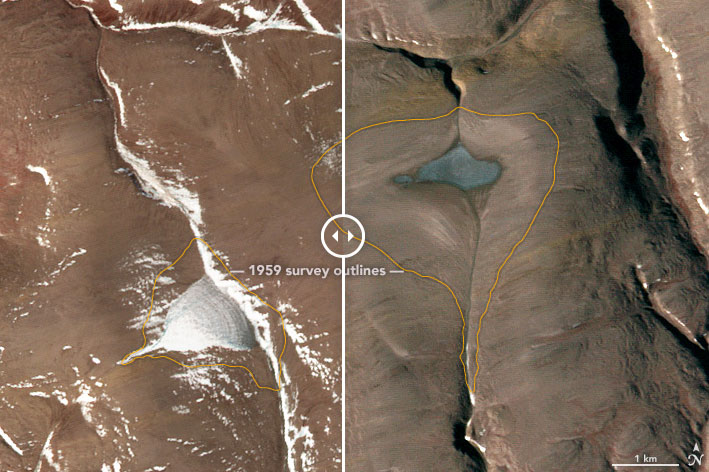
Two ancient ice caps in Canada have completely melted — two years earlier than scientists predicted. NASA satellite imagery captured the disappearance of the St. Patrick Bay ice caps, which date back roughly 5,000 years to the Little Ice Age.
Coastal flooding set to get more frequent, threatening coastal life and global GDP

Coastal flooding across the world is set to rise by around 50 percent due to climate change in the next 80 years, endangering millions more people and trillions of US dollars more of coastal infrastructure, new research shows.
A Year In The Life Of Earth’s CO2
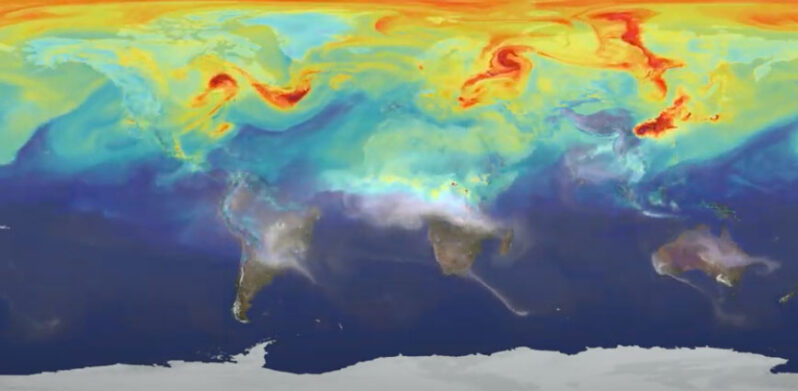
From NASA (2014): An ultra-high-resolution NASA computer model has given scientists a stunning new look at how carbon.
Most polar bears to disappear by 2100, study predicts
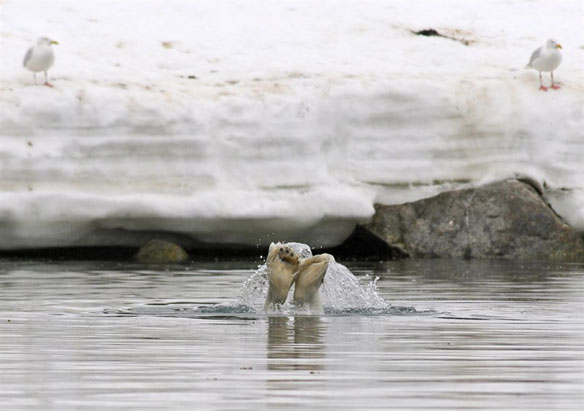
Melting Arctic sea ice could cause starvation and reproductive failure for many as early as 2040, scientists warn.
Climate change could make toxic algal blooms in our oceans more deadly
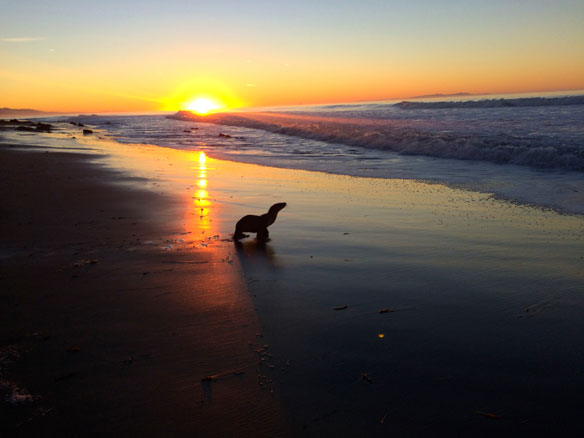
Late spring and early summer in California bring thousands of marine mammals to the state’s beaches, as groups of California sea lions, elephant seals and harbor seals give birth along the shore. But toxic algal blooms are increasingly poisoning these marine mammals.
Rising Seas Threaten an American Institution: The 30-Year Mortgage

Up and down the coastline, rising seas and climate change are transforming a fixture of American homeownership that dates back generations: the classic 30-year mortgage.
Relentless heat wave to bake the U.S. for “multiple weeks”

The National Weather Service is forecasting 75 or more record-high temperatures to be approached or broken from Friday to Tuesday alone, and that number is likely to grow significantly into next week.
Model suggests it could take decades for planet to start cooling after emissions are reduced
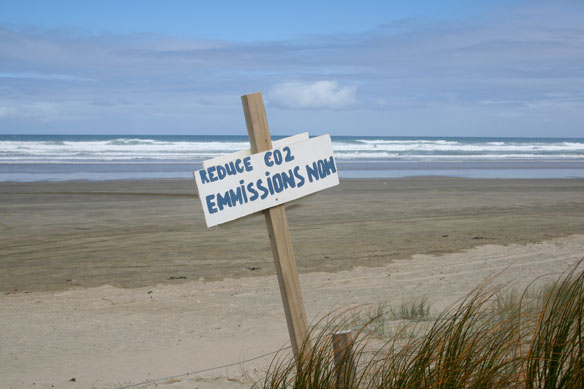
A trio of researchers at the CICERO Center for International Climate Research in Oslo, Norway, has found evidence that it could take decades for the planet to start cooling after human greenhouse gas emissions are reduced.
Climate change may cause extreme waves in Arctic
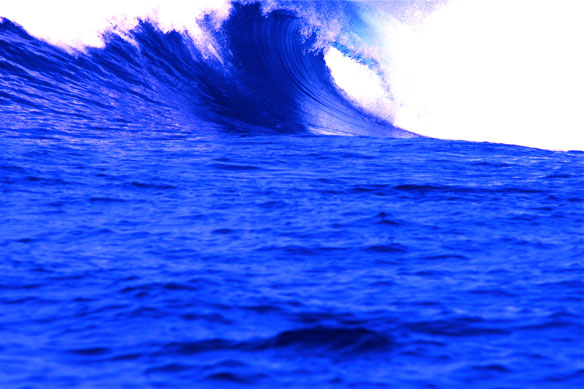
Extreme ocean surface waves with a devastating impact on coastal communities and infrastructure in the Arctic may become larger due to climate change, according to a new study.
